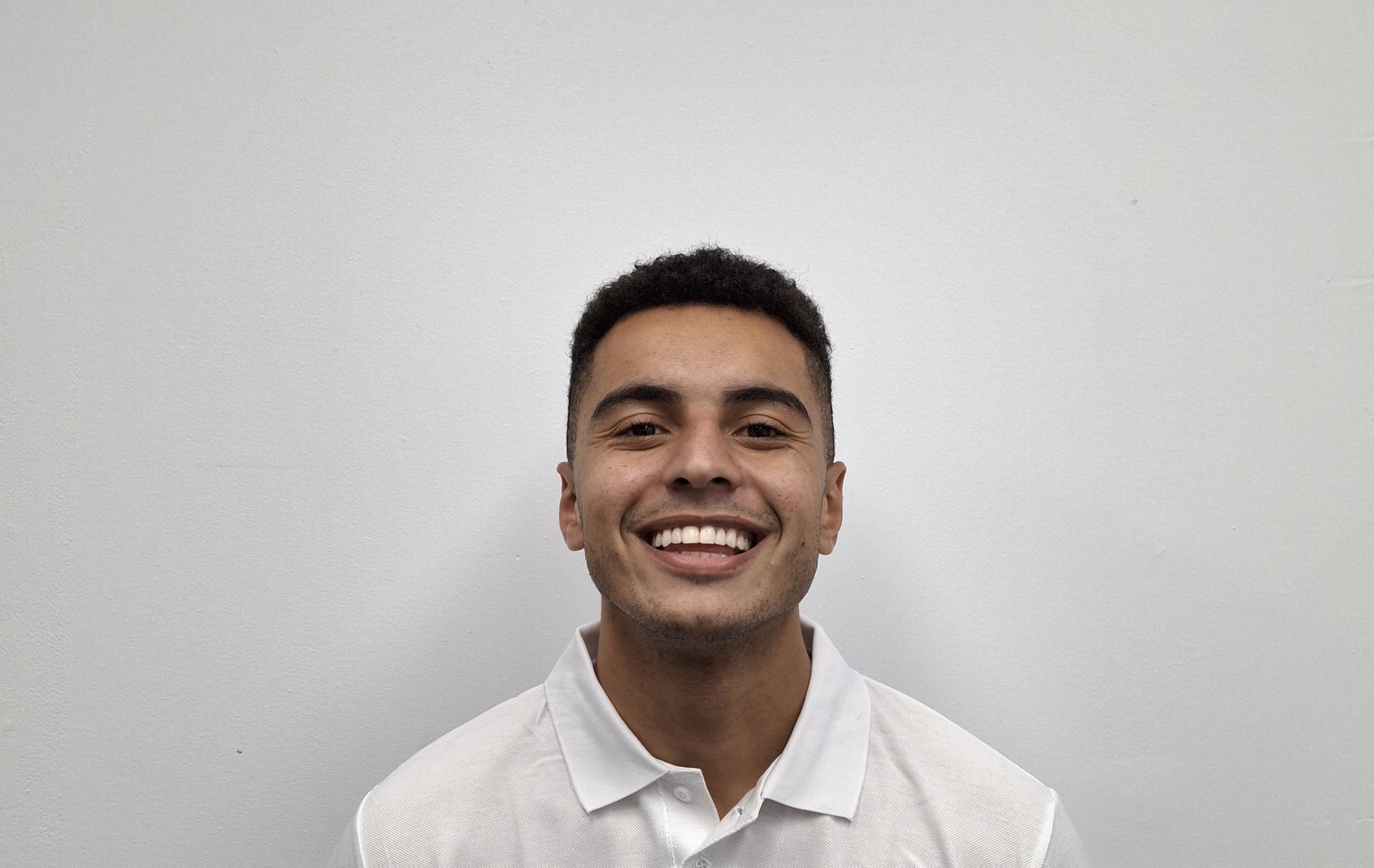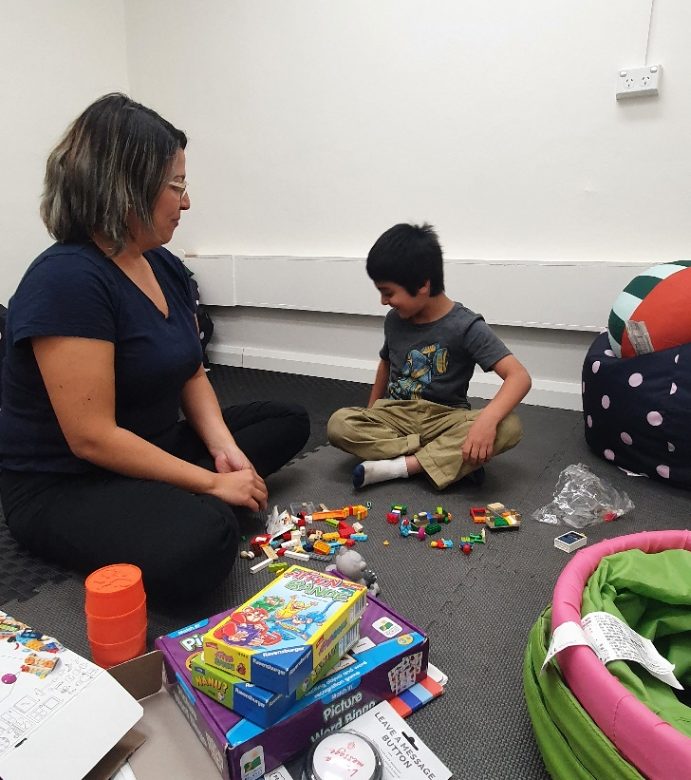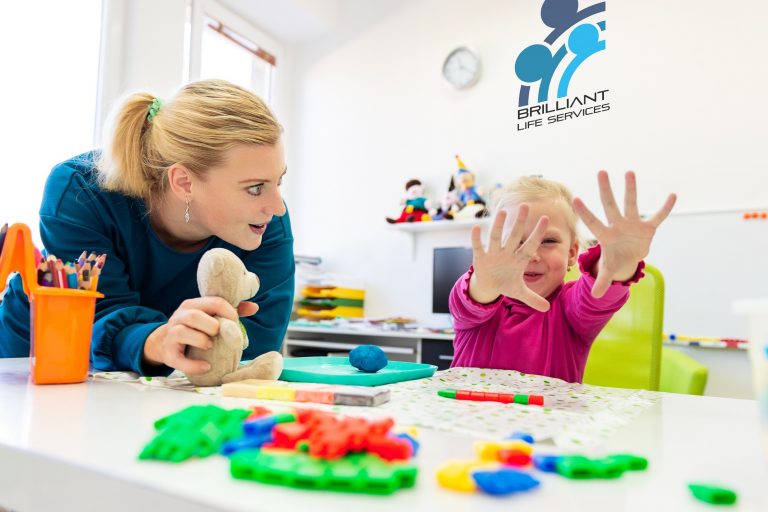
If you’re a parent, carer, or Support Coordinator and things feel overwhelming — you’re not alone. We provide practical Behaviour Support that works in real environments: home, school, community, SIL/SDA — with calm communication and clear next steps.
These details help us understand what’s happening before you complete the full referral form.
People reach out to us when daily life feels tense, unpredictable, or unsafe — and they need a provider who is calm, capable, and genuinely responsive.
Submit the referral form now — we’ll respond and guide the process clearly.
Choosing Behaviour Support isn’t just about services — it’s about trust. Families and Support Coordinators choose us because we listen first, reduce chaos, and build strategies that actually work day-to-day.
If you’re unsure what to write — that’s okay. Submit what you can and we’ll guide you from there.
Simple steps, calm communication, and support that feels organised — not overwhelming.
We clarify setting (home/school/SIL/SDA), risks, priorities, and what support looks like right now.
You’ll know what happens next: appointment timeframes, assessment pathway, and reporting needs.
FBA + BSP + coaching so strategies are realistic, consistent, and usable day-to-day.
Click below to complete the referral form. Prefer a call? We can guide you through it.
Quick answers that help you feel confident about the next step.
No. Families, carers, and Support Coordinators can submit a referral. We’ll guide what’s needed next.
Yes. We regularly support accommodation teams and multi-provider environments where consistency is essential.
If you’re worried about safety or escalation, call us. We’ll guide what to do next and help you prioritise.
Yes — our plans are written clearly so families, carers, and staff can actually use them day-to-day.
If you’re ready, submit the referral form now. We’ll respond and guide the process clearly.
Your practitioner completes a Functional Behaviour Assessment and develops a personalised Positive Behaviour Support Plan.
We work with you, your family, and your support team to implement the plan, monitor progress, and adjust as needed.


As the Founder of BLS, Morcos is dedicated to building a values-driven organisation…


Karolin is a registered Psychologist and co-founder of BLS…


Belinda provides clinical oversight and mentoring across the PBS team…


Lina works with families and teams to design strengths-based plans…


Mariam guides families and referrers through a smooth intake experience…


John works with the clinical team to match each person with the right practitioner…


Natalie works collaboratively to develop safe, supportive behaviour plans…


XINDI builds plans with a focus on safety, communication and confidence…


Pritika uses positive behaviour support to increase predictability and joy…


Sabrina coordinates bookings, documents and enquiries with care…


Sol supports meaningful reduction of distress and increased participation…


George uses coaching-based implementation to build confidence across environments…


Mariam blends psychology and PBS to deliver holistic plans…


Annum values cultural safety, family involvement and meaningful routines…


''I am a Behaviour Support Practitioner with more than 10 years of experience supporting individuals with complex behavioural needs. I hold a Master’s degree in Forensic Psychology and have worked extensively in intensive therapeutic care settings, supporting people with trauma, disability, and high-support needs.''


Paola offers supervision, assessment and intervention with a strong human-rights focus…


Kristal enjoys hands-on coaching with families and support teams…


Hala focuses on emotional wellbeing, cultural sensitivity and safety in therapy…


With over a decade of experience across childcare, disability support, youth services, and community engagement, I am a passionate and dedicated professional committed to empowering individuals and creating lasting positive change within the community. I began my career in early childhood education, working in childcare for six years and earning both a Certificate III and Diploma in Early Childhood Education and Care. This experience provided a strong foundation in child development, inclusion, and early learning, as well as the ability to build meaningful relationships with children, families, and colleagues. For more than ten years, I have provided person-centred support to individuals with diverse needs, including participants under the NDIS. My work focuses on helping clients build independence, confidence, and social connections. I am currently employed as a Support Worker after hours, continuing to deliver individualised care and practical assistance both in-home and within the community. I hold a Diploma in Counselling and a Certificate III in Community Services, and I am currently studying towards a qualification in Disability to further strengthen my knowledge and skills in inclusive, empowering support. My background in community engagement and youth programs has enhanced my abilities in collaboration, networking, and advocacy. I am recognised for being attentive, adaptable, and reliable, with a genuine commitment to delivering high-quality support and fostering positive outcomes. Driven by compassion and integrity, my goal is to continue growing within the community and support services sector, contributing to initiatives that promote inclusion, empowerment, and meaningful change.


Louisa creates practical behaviour support plans focused on what matters most…


Diane brings over a decade of experience across recruitment, people support, business development, staff engagement, stakeholder relations, and talent acquisition, spanning NDIS, disability and health, IT, government, private and not-for-profit sectors. Her career reflects deep capability in client and candidate support, internal workforce rostering, policy implementation, onboarding processes, recruitment systems, compliance frameworks, and culture-focused people management.


Ncani


Paula


Malavika


Mahshameen is Provisional Psychologist/ Behaviour Support Practitioner, Supporting mental health, wellbeing, and quality of life through a compassionate, strength-based approach.


Kristy


Sarah


Roseble




Deblina


The goal of behaviour support is to protect the dignity and quality of life of people with disabilities who require specialised behaviour support by focusing on evidence-based strategies and person-centered supports that address the needs of the person with a disability and the underlying causes of behaviours of concern.
The clinician develops individualised strategies, including proactive and preventative strategies that are sensitive to the individual’s needs and make an effort to reduce the behaviours of concern by understanding and then meeting the individual’s needs and wants. The clinician works with the individual and their support team to acquire new skills, improve communication, regulate their emotions and much more.
The clinician also develops reactive strategies, they are not a treatment but are sometimes necessary when proactive and preventative strategies have not prevented an individual from presenting behaviour that is challenging. Reactive strategies are safe and ethical responses that are put in place after the behaviour has occurred
Who is responsible for the best positive Behavioural Support services at Brilliant Life Services in greater Sydney? They are our skilled Behavioural Support therapists.
To identify the reasons for difficult behaviours, our therapists engage compassionately and person-centred with clients and their support networks. Our therapists use evidence-based practices and understand each client’s needs to create tailored support plans. These plans promote constructive behaviour change. Our Behaviour Support Therapists play the following roles:
Brilliant Life Services, a qualified NDIS provider, contributes thorough Behaviour Support plans tailored to each client’s unique need. Our plans are customized to each person’s objectives, difficulties, and strengths and are founded on the ideas of Positive Behaviour Support. Among our Behaviour Support plans are:
The goal of our NDIS-approved Behaviour Support plans is to boost clients. These plans aim to enhance their quality of life and expand their capacity to engage in daily activities.
You can choose Behaviour Support Therapy of Brilliant Life Services on its outstanding features. Our skilled therapists deliver the emotional treatment to cure the mental stress level of their clients. Our clients trust us because of the following grounds:
Helping people with disabilities to have happy, independent lives is our mission at Brilliant Life Services. Bella Vista and Campbelltown customers can overcome obstacles, learn new skills, and achieve their goals with our comprehensive Behaviour Support programs.

Copyright 2025 Brilliant Life Services | All Rights Reserved